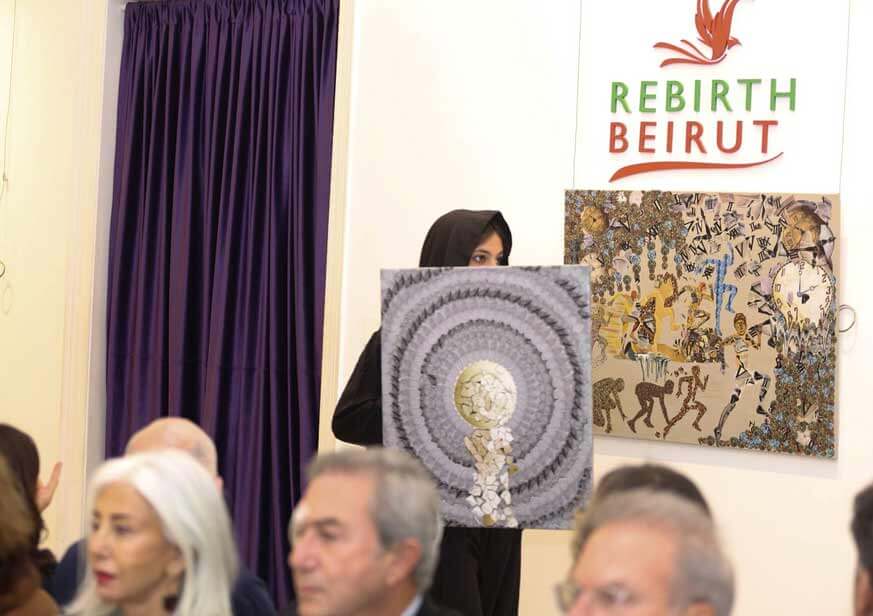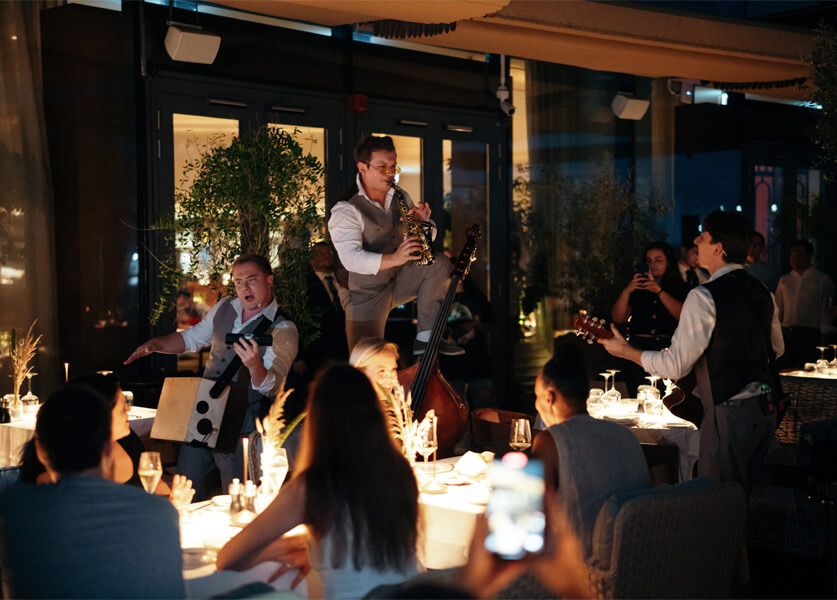LIFESTYLE
What is Déjà Vu?
Raïnat Aliloiffa – Madame Figaro
2-June-2022

Each of us has already felt this sensation of déjà vu (already seen) or déjà vécu (already lived). Why do we have this sudden feeling? What happens in the brain? Two specialists enlighten us about what actually happens in the brain during this common phenomenon.

You are sitting quietly in your living room while listening your child's story, when you suddenly have this strange feeling of having already lived the scene before. According to Annaik Feve, neurologist, psychoanalyst and Head of the Human Risk Assessment Company Neurofinde, this impression involves three areas and functions: “sight, time, and memory.” She added that “at the moment of déjà vu, our relationship to time is not in line with reality, for example."
This phenomenon, which can destabilize many, has nothing to do with a potential past life or premonitory powers.
Between familiarity and self-defense
Several theories exist to explain this impression. In his article The psychology of déjà vu, American scientist Vernon Neppe defined the phenomenon as “inappropriate impression of familiarity of the present experience with an undefined past.”
In fact, this sensation can be linked to memories of our childhood, our environment or family and genetic transmission. "When we see something, the brain makes the image and glues it with all the other images corresponding to the object looked at, whether they are representations that we have seen before, or that have been transmitted to us," added the neurologist. The brain will then create a feeling of familiarity.
Déjà vu can also be a way to protect oneself when one feels the need. When we are in a place that we perceive as dangerous, or with unknown people, "by having the sensation of déjà vu, the brain manufactures a certain familiarity with the context to be able to deal with the strangeness and avoid the reality", explained the doctor. This means of protection can also manifest itself when one separates from someone, or when one is in mourning.
For his part, Dr. Fernando de Amorim, psychoanalyst and director of the public consultation to the association of psychoanalysis of Paris (RPH) commented that "sometimes, a simple word can trigger this strange sensation to have already lived the scene.”
For people suffering from epilepsy, "the sensation can be a consequence of a crisis," mentioned Dr. Feve. It can also be an announcing symptom.
Repressed desires
The psychoanalyst Fernando de Amorim shared his theory: "it is about sensations and repressions that are often unpleasant, and that we have thrown under the carpet of our consciousness. These thoughts come back for a fraction of a second, even if the repressed desire has nothing to do with the scene we are experiencing.”
The impression of déjà vu is completely normal, "on the other hand, if it is lived like an anguishing situation, it is necessary to remedy it by consulting", advised Dr. de Amorim.
Recommended

Hiba El-Khatib Badreddine Opens 2026 with a Groundbreaking Exhibition at Rebirth Beirut
16-January-2026

Celebrate the New Year at Novikov Abu Dhabi
29-December-2025

The 25th Edition of DIAFA Honors the Biggest Names
1-December-2025
Most read
-
1
How to Style Your UGGs Like a Celebrity
-
2
Razane Jammal Wears Zuhair Murad Couture to the 2026 Bafta Film Awards
-
3
Dressed in Chanel, Margot Robbie and Jacob Elordi Light up Paris Premiere of Wuthering Heights
-
4
Valentine’s Day Gifts Idea A Valentine Sealed with Love
-
5
Gigi Hadid Opens Ralph Lauren Fall/Winter 2026 Show





